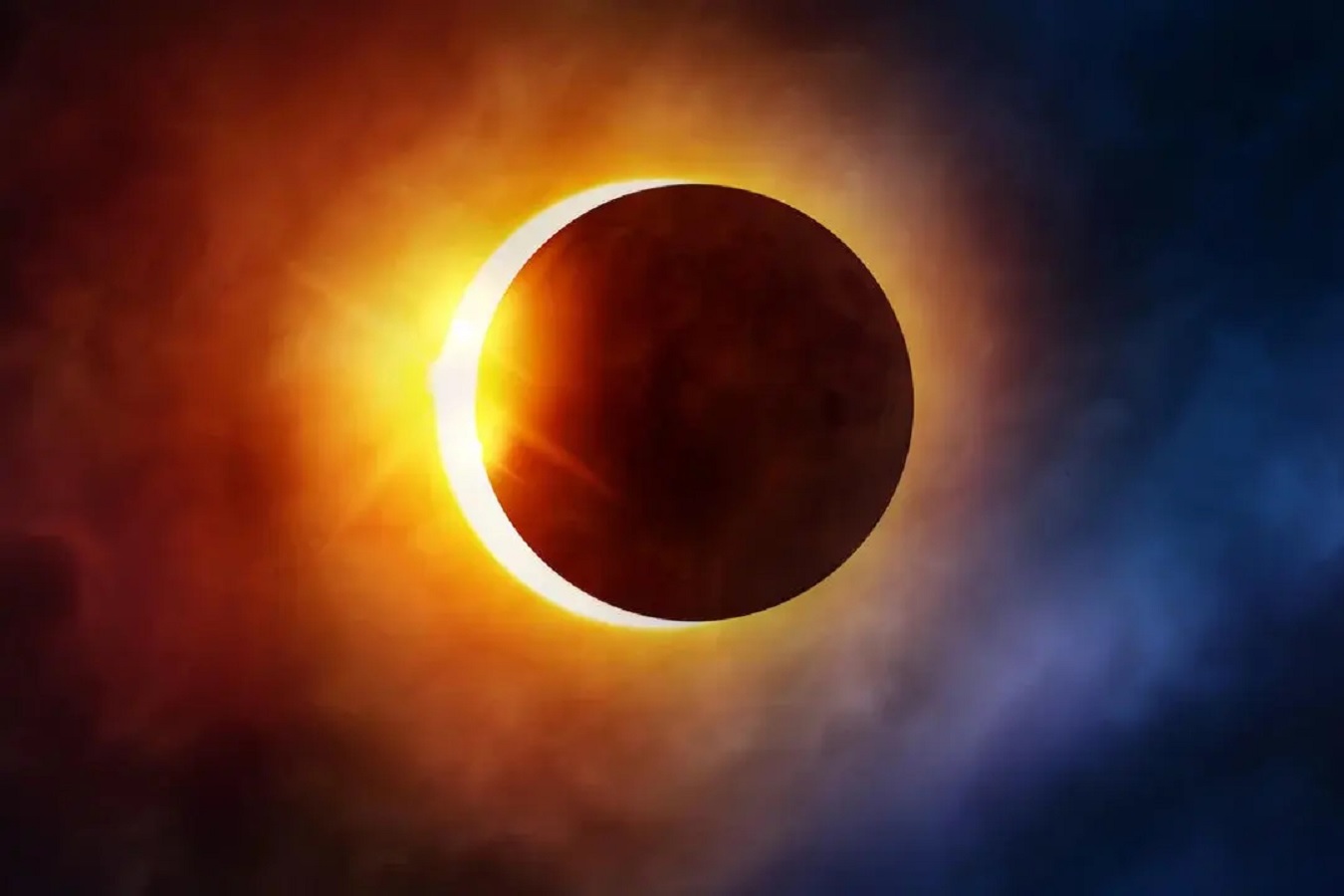
Islam and the Solar Eclipse
Excitement is filling the hearts of many in anticipation of Monday April 8, 2024, when the sky above will put on a memorable show for those fortunate to find themselves in some parts of Canada, the United States, and Mexico. While most will be in areas where the moon will partially obscure the sun’s light, those within the “path of totality” — a narrow geographical swath from Eastern Canada to the west coast of Mexico — will experience the moon completely blocking the sun’s bright disk, achieving “totality.”
During totality, darkness will swallow up almost all daylight, the temperature may dip noticeably, and most eyes will be fixated on the moon blocking everything but the sun’s corona (the outer atmosphere), which will be visible. It is no wonder that people who have witnessed totality describe the moment as ineffable — a feeling that defies being described by words.
Nevertheless, those outside and within the “path of totality” should exercise extreme caution. Institutions such as NASA and the scientific community urge viewers never to look directly at the sun as this risks permanent eye damage. Ordinary sunglasses are not considered proper eye protection. Only ISO-certified eclipse glasses from a reputable source are sufficient. Beware of fake solar eclipse glasses that may endanger your vision.
While scientific advancements still can’t help us anticipate whether a pesky cloud cover might obstruct the view of this rare moment of totality, they do allow us to predict the precise time, date, and location of many celestial events.
Many of these scientific advancements can be traced back to the Muslim community’s rich heritage in advancing astronomy. Following the revelations to the Holy Prophet Muhammad (peace be upon him), Arabic emerged as the international scientific language.
As early as the eighth century, Caliphs began collecting and translating foreign scientific manuscripts as the precursor for advancing astronomy. In 786, Harun al-Rashid dispatched agents to the Byzantine empire to purchase invaluable Greek manuscripts. The early ninth century witnessed the birth of the House of Wisdom also known as the Grand Library of Baghdad. This was a major Abbasid-era public academy and intellectual center in Baghdad. It acted as one of the world's largest public libraries during the Islamic Golden Age.
The most famous astronomer of that age (and he was not only an astronomer) was the Persian thinker Nasir al-Din al-Tusi (1201-1274), who erected an entire observatory at Maragheh in Northern Iran. Astronomical observations from the innovative facility helped al-Tusi push astronomy forward by, amongst other things, advancing our understanding of planetary motions. Al-Tusi wrote approximately 150 books spanning several topics including astronomy. While unique in his intellectual depth and breadth, al-Tusi was only one of many Muslims in a long list that helped advance the field of astronomy.
Mawlana Hazar Imam has often reminded our Jamat about this very special heritage and has spoken of the unique status that intellect enjoys in Islam. He has reflected on the importance of drawing upon the great historical tradition of Muslim learning and the heritage of philosophers and scientists such as Ar-Razi and Al-Biruni, Ibn Sina and Ibn Rushd.
In this spirit, irrespective of what our eyes might catch that day, totality being only one of the many variations, April 8 can be a reminder that Muslim civilizations, among many other triumphs, have played a critical historical role in advancing our understanding of astronomy and the heavens above.
Aly Kamadia serves as the Chairman for the Education and Public Outreach Committee at the Royal Astronomical Society of Canada (Toronto Centre).








